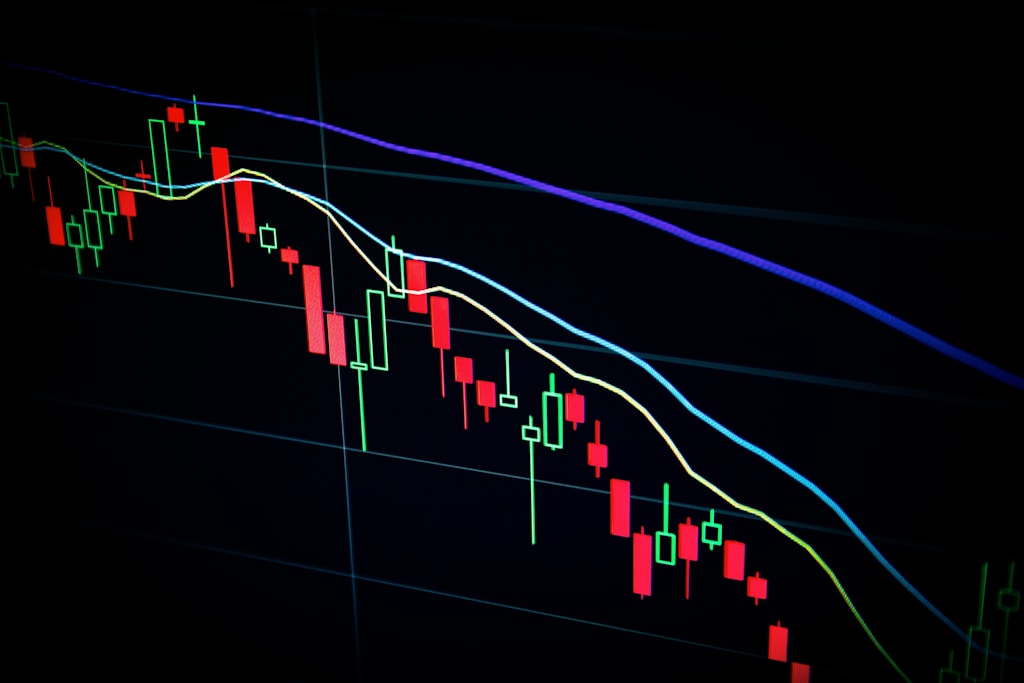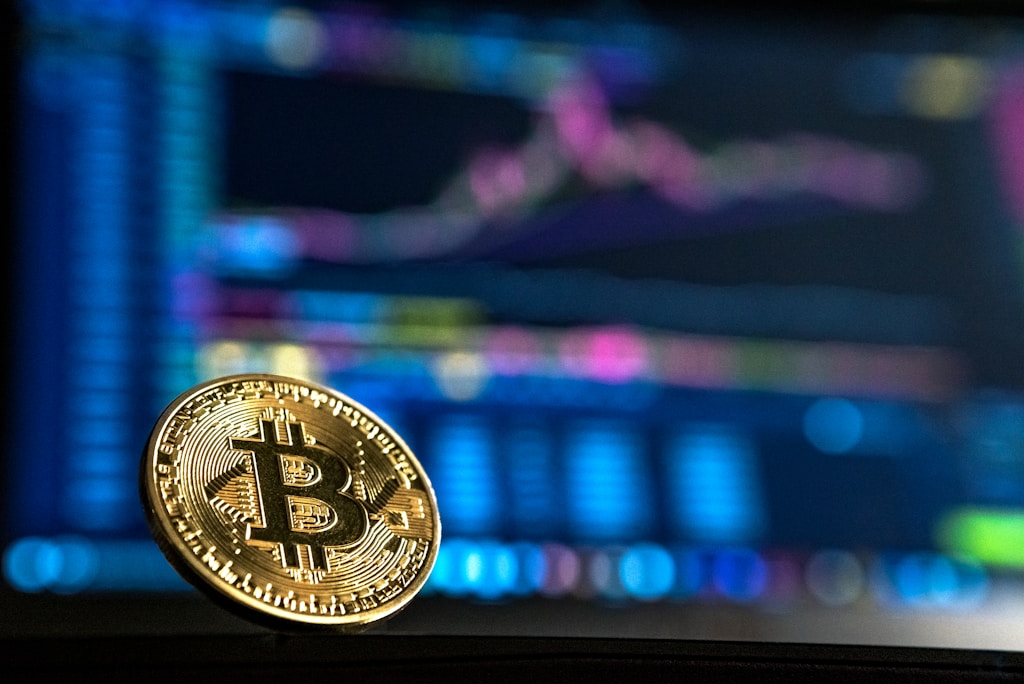Deutsche Bank AG, Germany’s largest financial institution, is making significant strides into the digital asset space by exploring stablecoin technology and tokenized deposits. This strategic move aligns with the broader trend of European banks embracing stablecoin technology, marking a pivotal moment for institutional crypto adoption.
Deutsche Bank’s Stablecoin Strategy: Key Details
According to Bloomberg reports, Deutsche Bank is actively evaluating two primary options in the stablecoin space:
- Developing and issuing its own proprietary stablecoin token
- Joining an existing industry consortium focused on stablecoin technology
Institutional Adoption Accelerates
This development comes amid increasing institutional interest in digital assets, particularly in the regulated stablecoin sector. The move by Deutsche Bank represents a significant shift in traditional banking’s approach to cryptocurrency technology.
Market Impact and Future Implications
The entry of Deutsche Bank into the stablecoin space could significantly impact the broader crypto market, particularly as institutional adoption continues to grow. This move follows similar initiatives by major financial institutions and could accelerate the mainstream adoption of digital assets.
FAQ Section
What is Deutsche Bank’s approach to stablecoins?
Deutsche Bank is exploring both proprietary stablecoin development and potential consortium participation.
How does this affect the crypto market?
This institutional adoption could increase market stability and attract more traditional investors to the digital asset space.
What are the potential benefits for users?
Institutional backing could lead to more regulated, secure, and widely accepted stablecoin options.


